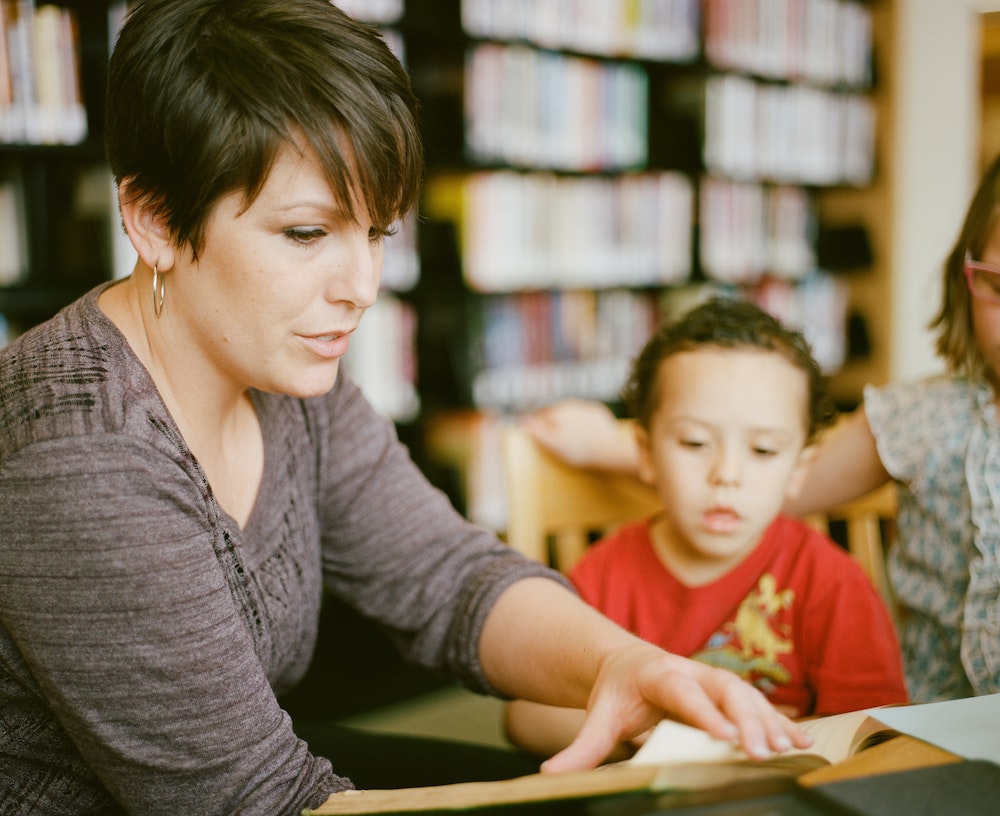When schools closed in March, Gateway City teachers faced the uphill battle of providing remote instruction while students were experiencing the trauma and disruption brought on by COVID-19. With the next school year just a summer away, educators are planning for what could be an even more intense challenge. They will likely have fewer resources to serve families enduring deeper pain from a prolonged economic downturn.
City Connects is a collaborative model to help public schools and community agencies provide an array of services that support student well-being. Joan Wasser-Gish, Director of Strategic Initiatives at Boston College’s Center for Optimized Student Support, says this coordinated approach to nurturing social-emotional development has always been vital, but its power has become even more evident during the pandemic.
“This moment is really emphasizing how critical student support is to the core functioning and purpose of schools. We know that academic learning is impacted far and away by out-of-school factors more so than in-school factors,” says Wasser-Gish. “It feels like in this moment when the disruption caused by COVID is making inequities so palpable, and is lifting the lid on how critical family circumstances really are to children’s readiness to engage in learning, and thrive and have choices in life, this kind of work is something that’s going to become more and more important.”
She emphasizes that student support is a top priority when determining what to fund in schools. “As we think about making hard choices around school budgets and school staffing, you must recognize the critical role that student support folks play. It is really a prerequisite to kids being ready to learn.”
